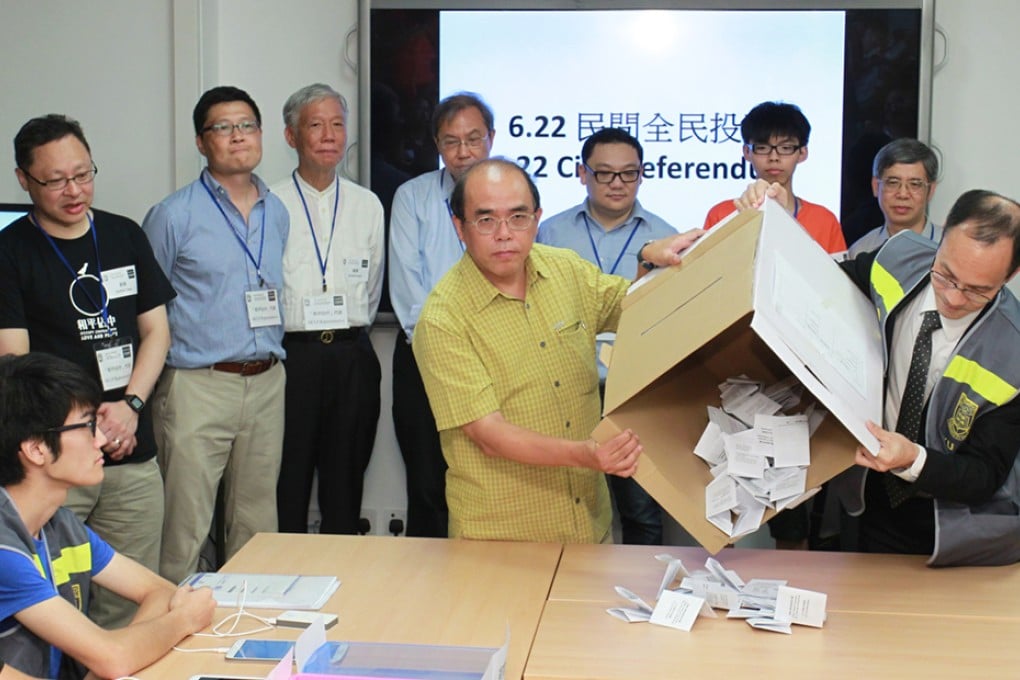'Occupy has nothing to fear from anti-terror law'
… just as journalists need not be alarmed by proposed anti-stalking law

In a editorial published earlier this year, the Occupy Central campaign was labelled "a kind of terrorism". Is this characterisation correct under Hong Kong law?
Consider the definition of a "terrorist act" in our United Nations (Anti-Terrorism Measures) Ordinance, enacted in 2002 after the September 11 attacks on the US. A terrorist act involves the threat of action with the intention to compel the government to do something, and to advance a political or ideological cause. There must be an intention to use action that would have certain violent or non-violent consequences.
Three types of non-violent consequences come within the definition: creating a serious risk to the health or safety of the public; seriously interfering with or disrupting an electronic service; and seriously interfering with or disrupting an essential service, facility or system, whether public or private.
Occupy Central seeks to influence the government for the purpose of advancing a political cause. Its means threaten a serious disruption of essential services and facilities, for example, roads, walkways and public transport, and could create a serious risk to the health or safety of the public. Thus, the movement arguably comes within this aspect of the definition.
But no one in Hong Kong would seriously begin to label the academics and reverend behind Occupy Central as terrorists.
Such a view is clearly supported in the law because the definition of a terrorist act includes an exception for "any advocacy, protest, dissent or industrial action". This exception was taken from English and Canadian anti-terrorism legislation.
The government's original proposal was for the exception to apply only to the third type of non-violent disruption, but after criticisms from legislators and the public, the exception was extended to all three types.
